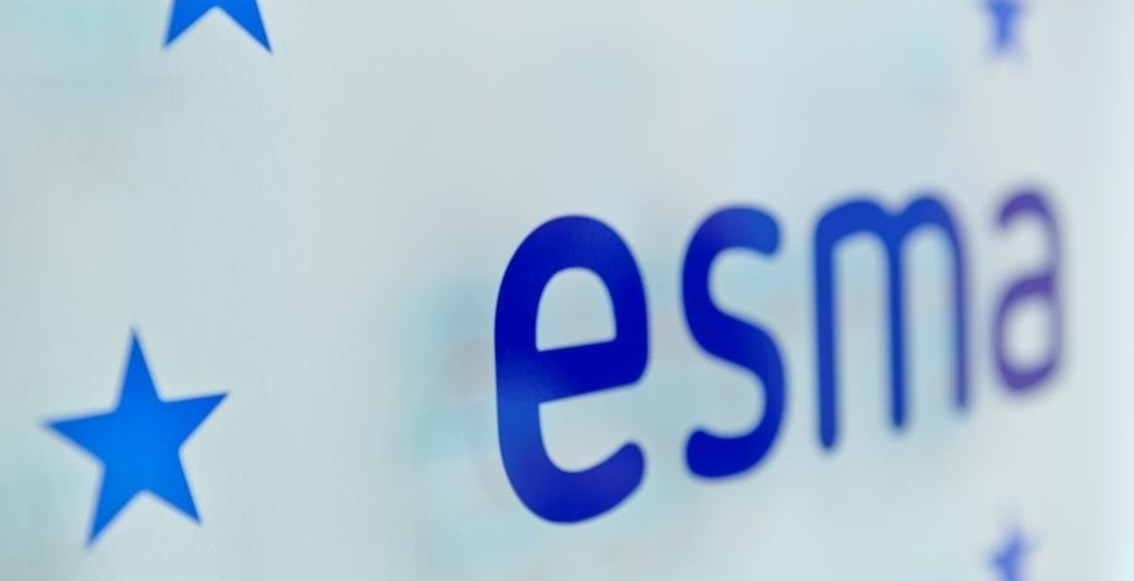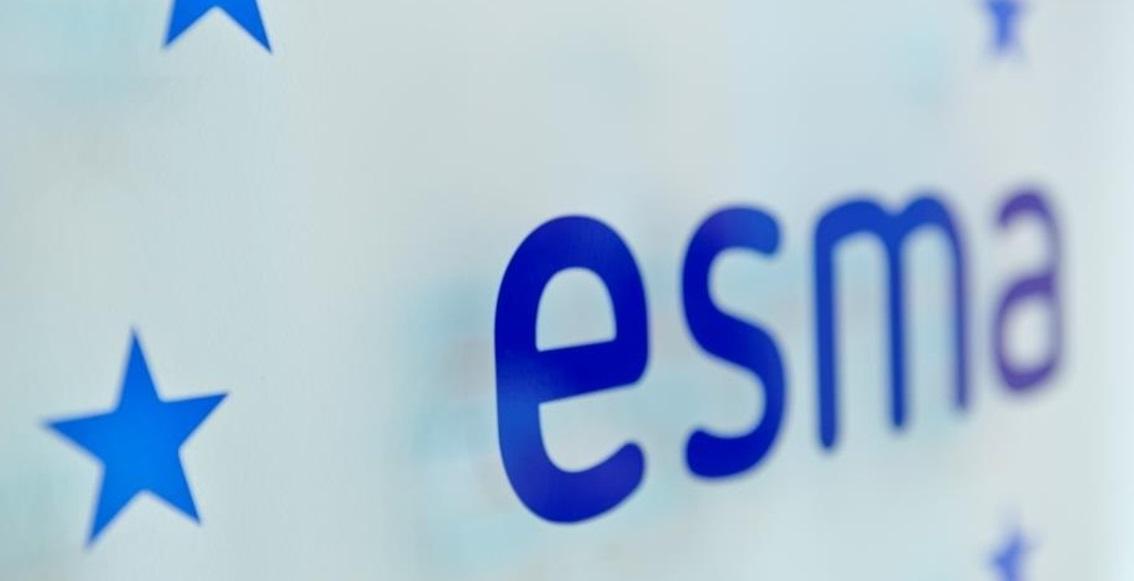EU Markets Regulator Releases ESG Ratings Market Assessment as Part of Process to Regulate Sector
European markets regulator the European Securities and Markets Authority (ESMA) announced today the publication of its assessment of ESG ratings providers, forming the next step in the EU’s process towards regulating the market for ESG ratings.
The ESMA study found that the market is concentrated primarily among a small number of large providers, and that over three quarters of users utilize more than one provider for ESG ratings.
The publication follows a ‘call for evidence’ launched by the regulator early this year, aimed at providing the regulator with “a picture of the size, structure, resourcing, revenues and product offerings of the different ESG rating providers operating in the EU,” along with feedback from users of ESG ratings and from companies covered by the ratings.
Demand for ESG data, service and ratings has surged as investors increasingly integrate ESG considerations into the investment process, yet the activities and businesses of the providers are generally not covered by markets and securities regulators.
Calls to bring the sector under regulatory oversight have gained momentum over the past several months. Early last years, ESMA issued a letter to the European Commission’s financial services coordinator Mairead McGuinness, advising that the current unregulated status of the ESG ratings sector and the resulting lack of transparency posed a potential risk to investors. In July 2021, the Commission launched a new Sustainable Finance Strategy, which included a pledge to take action to improve the reliability, comparability and transparency of ESG ratings, and subsequently asked ESMA to begin examining the market participants.
According to the study, the ESG ratings market is split between a small number of large non-EU entities, alongside several much smaller EU-based providers. The most frequently mentioned providers cited by users of ESG ratings included, in order of frequency, MSCI, Morningstar/Sustainalytics, ISS, S&P, and Moody’s/VE.
77% of ESG ratings users said that they utilize more than one provider, in order to increase coverage by asset class or geography. The most commonly cited shortcomings for ESG ratings providers included a lack of coverage of specific industries or types of entity, insufficient data granularity, complexity, and lack of transparency around methodologies.
ESMA also gathered information from companies and entities covered by ESG ratings providers, with findings indicating that most dedicate some level of resources to these interactions. Some of the shortcomings identified by the covered entities of the ratings providers included the level of transparency provided into the basis of the ratings, as well as feedback timing and error correction.
Click here to access ESMA’s ESG ratings market overview.





